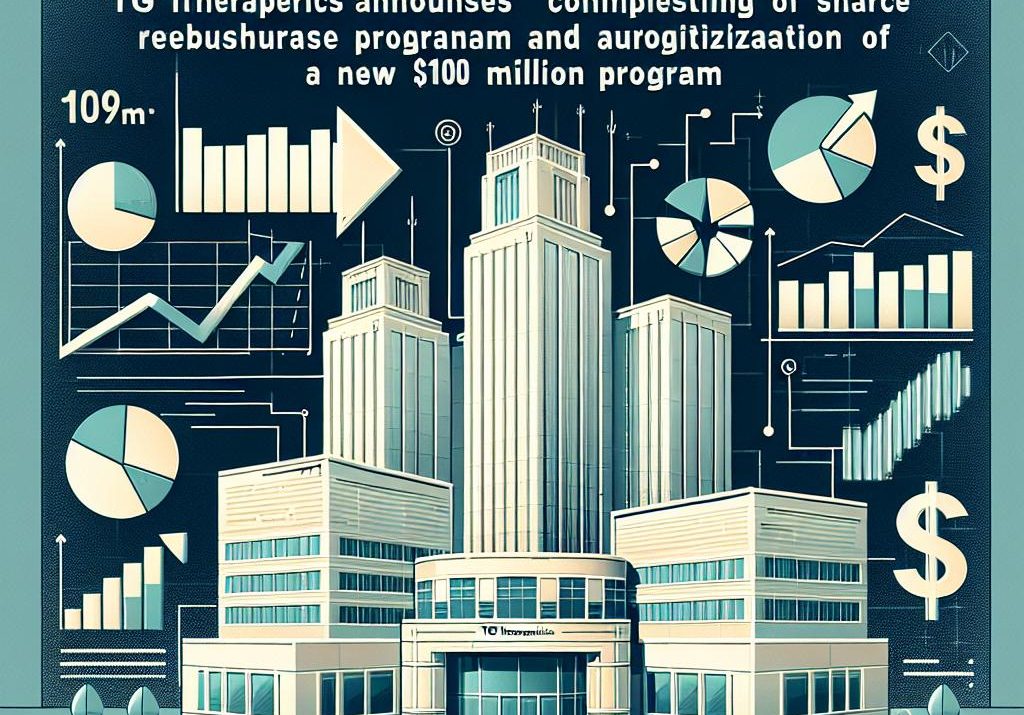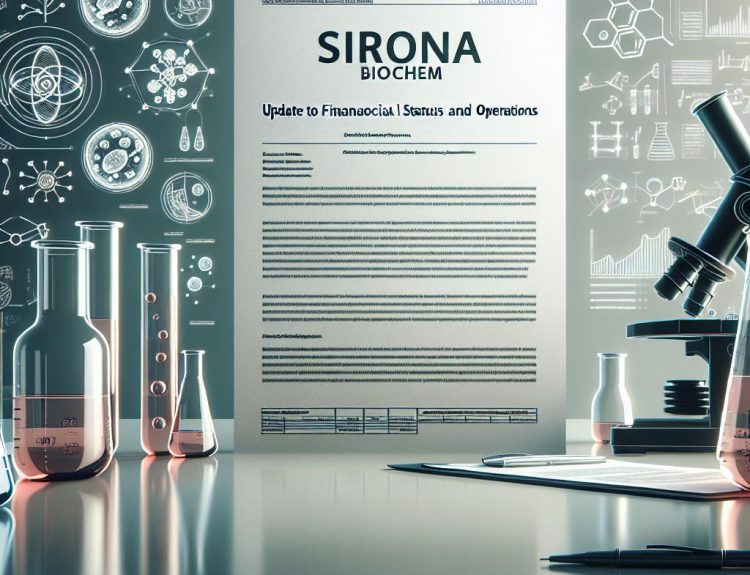TG Therapeutics has completed its previously authorized $100 million share repurchase program—buying roughly 3.5 million shares at an average price of $28.55—and the board has approved a new $100 million authorization. The move comes as the company continues to scale Briumvi, its anti-CD20 therapy for relapsing multiple sclerosis, across the U.S. and ex-U.S. markets.
The decision to double down on buybacks is a deliberate signal: management believes Briumvi’s commercial trajectory and lifecycle plans justify redeploying cash to equity rather than to external deals or a step-change in operating spend. For a mid-cap company still in the early innings of a first major launch, this is an assertive capital allocation choice. It invites a strategic question for peers in similar positions: in a market that discounts single-asset biopharmas, does returning capital drive durable value, or would the marginal dollar be better spent on differentiation, access, and evidence generation?
The timing matters. The MS market is reshaping around anti-CD20 options, with patient and prescriber preferences splitting between infusion-based regimens and at-home subcutaneous administration. Briumvi’s value proposition hinges on its dosing and infusion profile, perceived efficacy and tolerability, and the economics of buy-and-bill under the medical benefit. Payers are scrutinizing site-of-care costs and step edits, while health systems weigh infusion chair capacity and operational throughput. If Briumvi can continue to carve out share through contract strategy, operational convenience, and competitive net pricing, shareholder returns via buybacks could be rational. If not, the opportunity cost of repurchases becomes more acute.
For Medical Affairs leaders, the center of gravity is shifting to real-world evidence that validates switching from entrenched brands and confirms performance in broader, more comorbid populations. Comparative RWE on relapse rates, MRI activity, disability progression, treatment persistence, and infusion resource utilization will be pivotal to prescriber confidence and payer policy updates. Consistent onboarding and infusion management practices, coupled with proactive vaccine and infection risk education aligned to local guidance, will influence adherence and keep clinics comfortable as adoption scales. The ability to translate clinical nuances into practical, clinic-level protocols may be as decisive as headline efficacy.
Commercial teams should view this as a test case in MS market mechanics. The economics of Part B buy-and-bill, 340B dynamics, and shifts in site of care can unlock or cap regional potential. Contracting that aligns with large IDNs and integrated specialty pharmacy models, plus frictionless patient support, can determine whether new starts and switches accelerate or stall. Competitionally, incumbents with deep contracting footprints and subcutaneous convenience will not cede territory without tightening rebates or emphasizing home administration advantages. The next leg of growth likely depends on TG Therapeutics executing a dual path: defending the infusion-based value it has today while advancing lifecycle innovations that address convenience head-on.
More broadly, the authorization highlights a trend among revenue-generating biotechs of using buybacks to address valuation gaps, offset dilution, and deter opportunistic takeovers. It also reflects a shift in financing discipline as access to cheap capital wanes and investors prioritize cash conversion and operating leverage over pipeline breadth for single-brand companies.
The strategic hinge now is whether TG Therapeutics can translate financial confidence into undeniable market momentum. Watch for payer coverage expansions, health-system infusion partnerships, progression of subcutaneous and regimen-optimization programs, and head-to-head or robust comparative RWE that strengthens the switch narrative. The sharper question for the C-suite: will another $100 million in repurchases amplify intrinsic value created by Briumvi’s growth, or constrain optionality just as competitive dynamics and lifecycle timing demand maximal flexibility?
Jon Napitupulu is Director of Media Relations at The Clinical Trial Vanguard. Jon, a computer data scientist, focuses on the latest clinical trial industry news and trends.







